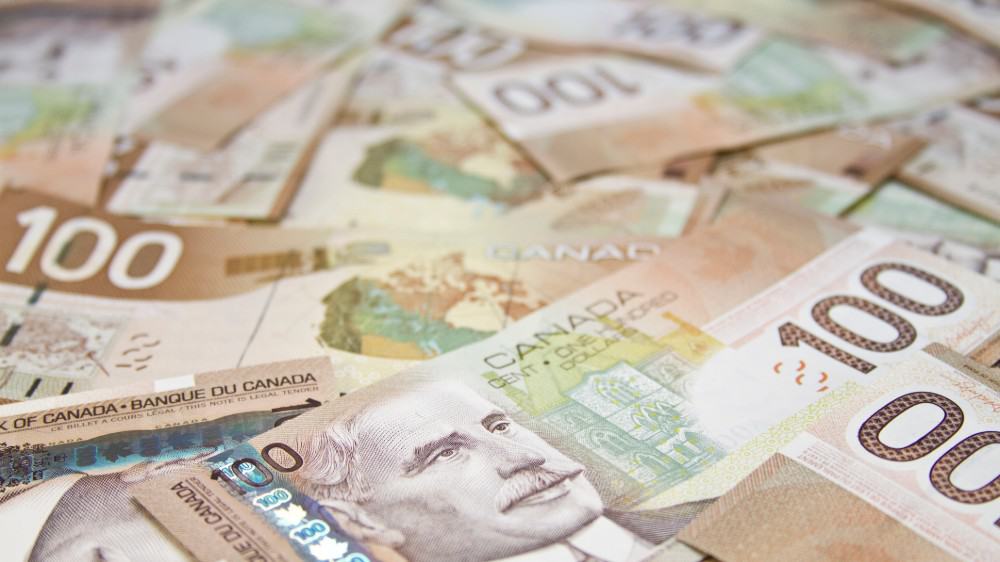Last week, I wrote about benefits investors received in Prime Minister Trudeau’s $82 billion (now $107 billion) COVID-19 aid package. For investors, the main benefits include tax deferrals and aid for publicly listed companies.
For retirees, there aren’t quite as many goodies. Although retirees do benefit from the tax benefits that all Canadians can take, there are no planned increases in CPP or OAS.
That’s bad news for retirees whose RRSPs are tanking. Most RRSPs are ultimately funded by stocks, and most Canadian stocks are down. Further, dividend cuts are likely on the horizon–which will reduce RRSP income.
The good news is that if you’re among the 33% of Canadian retirees who are still working part time, you could get some of Trudeau’s stimulus money.
As you’re about to see, there are some benefits for unemployed Canadians that you can take even if you’re semi- retired. These benefits could prove substantial, particularly if you’ve been laid off.
Extra unemployment benefits
If you’re retired, you may still be eligible for unemployment. According to Statistics Canada, 33% of retired Canadians work part time. If you’re among them, you’re as eligible for unemployment as anyone else. In fact, you may be more eligible than before.
One of the big items in Trudeau’s stimulus package is a $2,000 a month “emergency response benefit.” This is effectively a cash transfer to those who have been laid off and can’t take paid leave. Payments could last up to four months and you can get them even if you’re not normally eligible for employment insurance.
A nice income supplement
Clearly, $2,000 a month benefit is a nice thing to have in itself.
When you consider the potential to grow the money, it becomes even more valuable. Naturally, any government money you receive during this crisis should be spent on essentials: food, safety supplies, and hygiene products. But nothing is stopping you from investing what you have left over.
Right now, Canadian stocks are the cheapest they’ve been in years. After the one-two punch of COVID-19 and the oil price collapse, many stocks are trading at single-digit P/E multiples.
As a case in point, let’s take a look at the iShares S&P/TSX 60 Index Fund (TSX:XIU). Just over a month ago, it cost you $26.85 to buy one unit of the fund. Now it costs $19.44.
According to Bloomberg Markets, the TSX 60 had a P/E ratio of just 12.13 as of Friday. That’s the cheapest the index has been in years. Now of course, some of the stocks that make up the index are going to see their earnings decline this year.
Eventually they’ll recover, however, and get back to business as usual. Once that happens, their earnings will reach or even exceed where they were before, and today will prove to have been a good time to buy.
Once again, any income you receive from government stimulus should be spent on health and safety first. After the essentials are taken care of, you may have some money left over, at which point it will be a good idea to invest.
If you’re not sure what to buy, an index fund like XIU could be a good place to start.









